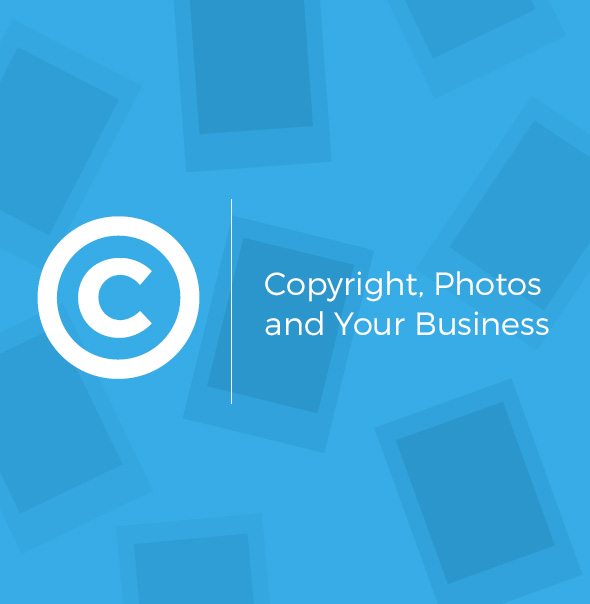
The Internet: It’s chock full of perfectly framed, beautiful images. Wait. Let’s clarify that. It’s chock full of perfectly framed, beautiful images you can’t use in your marketing. Resist the urge. Trust us: It’s not worth it to “borrow” images or copy from the ’net. Like, totally not worth it.
Forget all the stuff you think you learned from the sadly misinformed masses on the web about the loopholes and exceptions to copyright. Here’s the OTM rule of thumb that boils everything down to one decision: Did you create it, or receive permission from its creator to use it? If not, just keep walking. Stealing that photo just ain’t worth your risk.
But wait! Public domain! Fair use! Copyright terms! International publication! Don’t federal copyright statutes carve out exceptions? In a few words, not really anything that’ll let you grab images from other people’s website and get away with it. Let’s just shoot down some of the most frequently deployed excuses for swiping content.
- Copyright Length: Copyright protection term is long. Really, really long: 95 years from first publication (though this varies by time the original was created). Basically, if it’s a photo or any kind of sound/video recording, it’s almost certainly still protected by copyright.
- Public Domain: Photos only enter the public domain when their copyright term expires. They don’t become part of public domain when they appear on the internet, in a magazine or drunkenly mass-texted to 200 people at 3 a.m. Just strike this concept from your concept of copyright law.
- Fair Use: “Fair use” applies essentially just to news media and scholarly activities. Nothing to see here. Move along.
- Not Registered at Copyright Office: True, all the red tape and rigmarole associated with registering a work with the U.S. Copyright Office adds additional protections to work. By the very nature of copyright law, literally every original creation is protected for 95 years after it’s made, whether it’s registered or not. (This includes all your marketing!)
So about now, some risk-taker is probably saying, “But how will they know?” We’ll grant you that one. It’s easy to break copyright law and get away with it – to a degree. Technology is helping rights holders locate stolen images better all the time.
And when you’re caught fudging the rules and “borrowing” a photo from Google? It’s going to cost you. A lot. First off, you’re going to have to trash whatever materials contain the stolen image, so you’re out print costs. Sure, you’ll be able to pull down a digital version at no cost, but you’re not going to get off for free. Penalties for infringement range from $200 to $150,000 per use.
Dude, a stock photo costs $20. Just pay for it.
